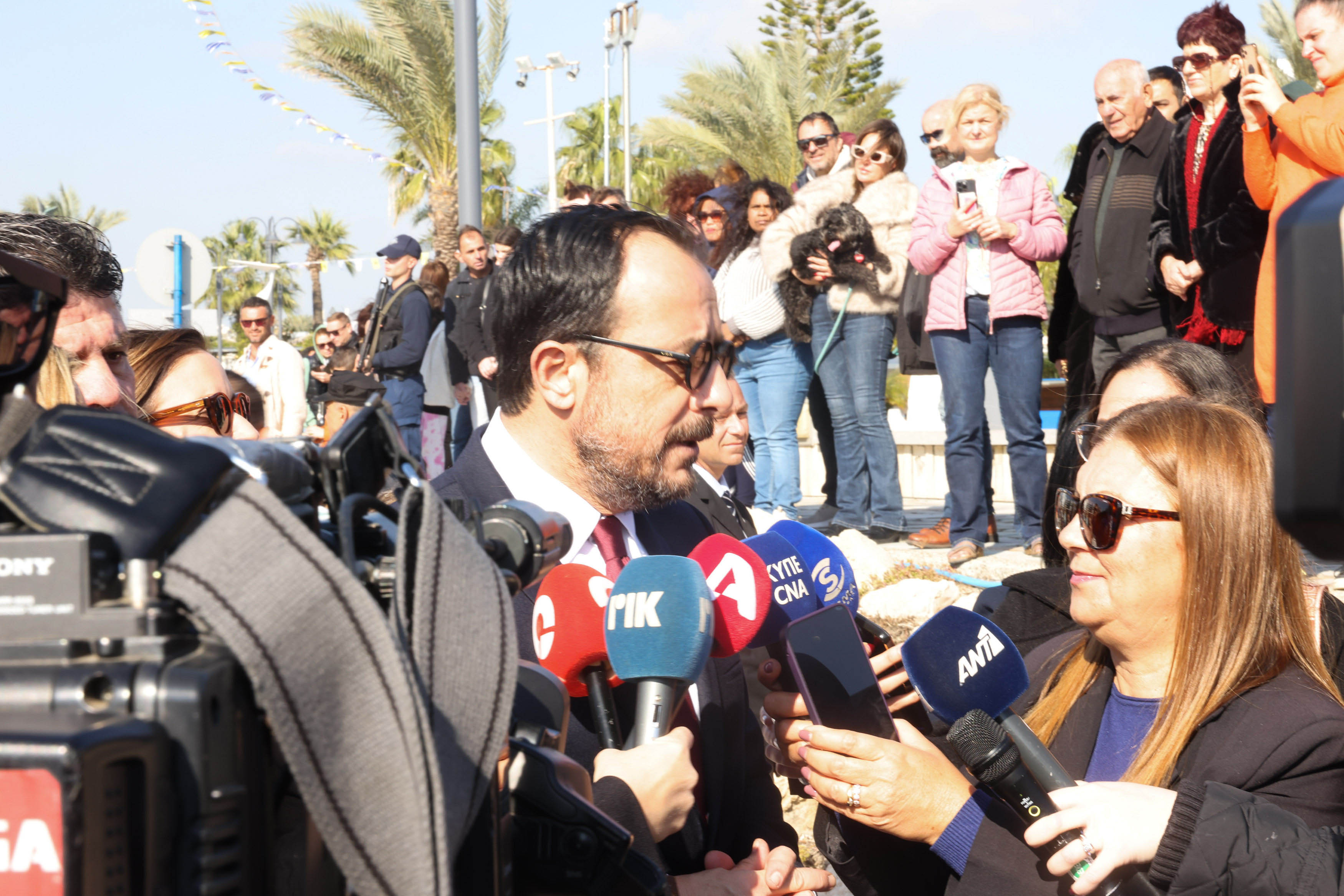President Nikos Christodoulides finally decided that the €730 a month (presumably after tax, as the pension was reportedly €1100) he was collecting as a state pension, for his 18 years work at the ministry of foreign affairs would be distributed among six volunteer organisations that took case after the elderly.
The decision was announced by the presidency, which implied that this was made possible through the “voting, signing and publication in the official gazette of the Cyprus Republic of the Law of 2025 on the ability of waiving a pension.” This meaningless law was approved by the legislature a few weeks earlier, as one of the several ineffective measures for allegedly tackling the multiple pensions that public officials and retired civil servants are entitled to.
The presidency had the nerve to claim that the new law was necessary for Christodoulides to give up the pension he had been receiving for the last seven-and-a-half years, once he was appointed foreign minister. This was in line with the narrative Christodoulides was peddling in response to public pressure to relinquish the pension when he was elected – he misleadingly claimed there was no legal mechanism to do this. He ignored the fact that several of his colleagues, ministers in the Anastasiades government, had no trouble donating their state pension to charities. Were they breaking the law by doing so?
Of course not, so why did Christodoulides need a special law to give up the pension? It might sound cynical, but a more plausible explanation for the sudden presidential generosity was that carrying on taking the pension was not worth the negative publicity it was generating for him. If the cost of the negative publicity could be calculated in money, it would be much higher than the €8,760 a year, he was paid after tax and will donate – because the law permits him – to six charities.
As the law now exists and the president is feeling generous, why does he not also donate the €21,900 he pocketed as state pension, in the first two-and-a-half years of his presidency? It would be unreasonable to suggest he also donate the five years’ worth of state pensions he received when he served as foreign minister, before he had even turned 50.
This is a scam for which Christodoulides is not to blame, but what political or economic argument can justify a civil servant collecting a pension at whatever age he leaves the service. Christodoulides, aged 44 when he left the foreign ministry was collecting a pension of €1100 for 18 years’ service. There are workers who do not collect such a pension, aged 60 -plus after 30 years of service.
It is these injustices that need to be corrected and the legalised preferential treatment of civil servants, government ministers, deputies and public officials. These people, who make up our ruling class, have always looked after themselves financially, arranging for themselves big salaries, big retirement gifts and big pensions, out of line with their years of service. Christodoulides is not the worst offender, but the fact that he could draw a state pension at the age of 44, is a perfect illustration of how our ruling class looks after itself at the expense of the people it is supposed to protect.






Click here to change your cookie preferences